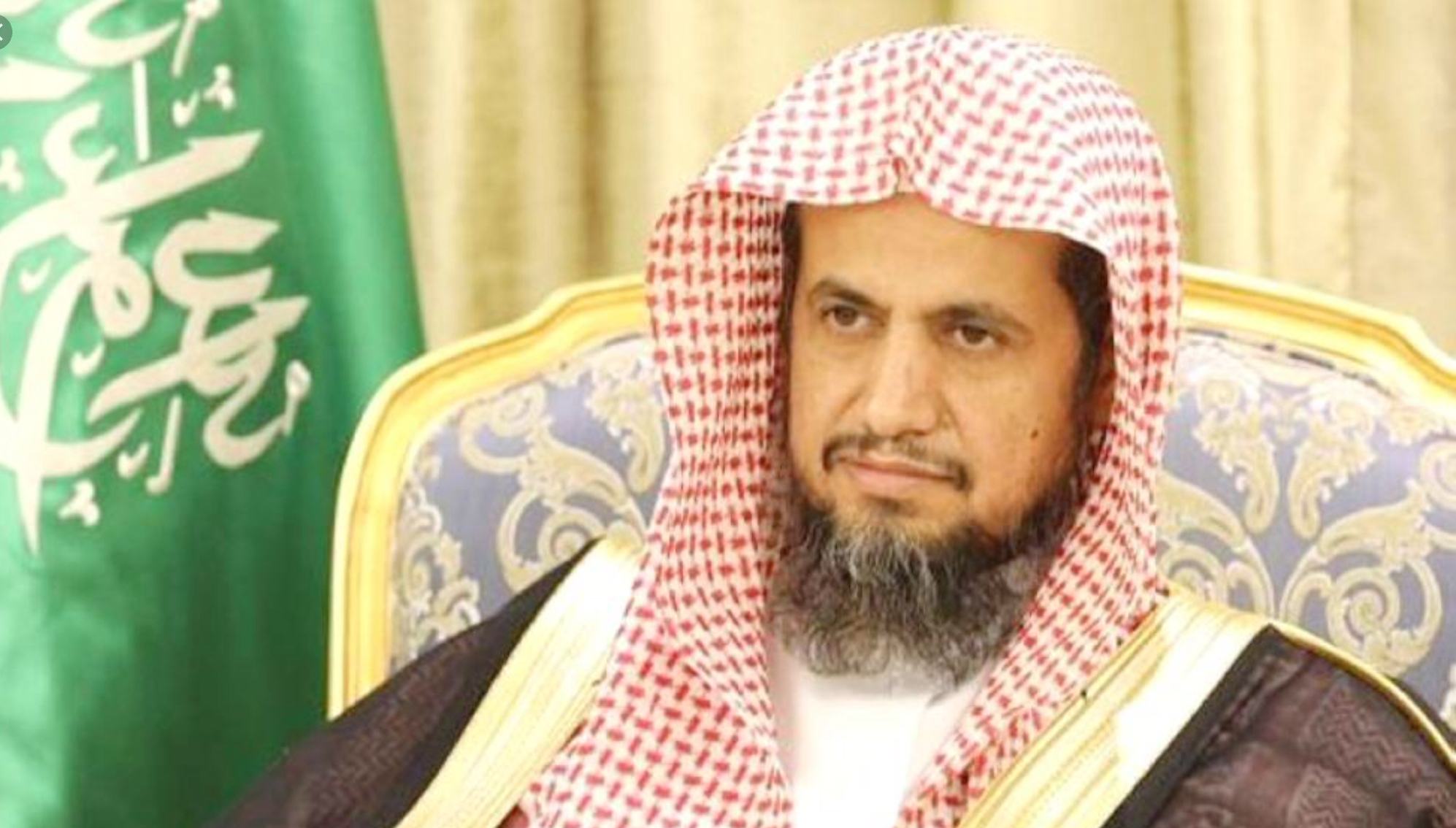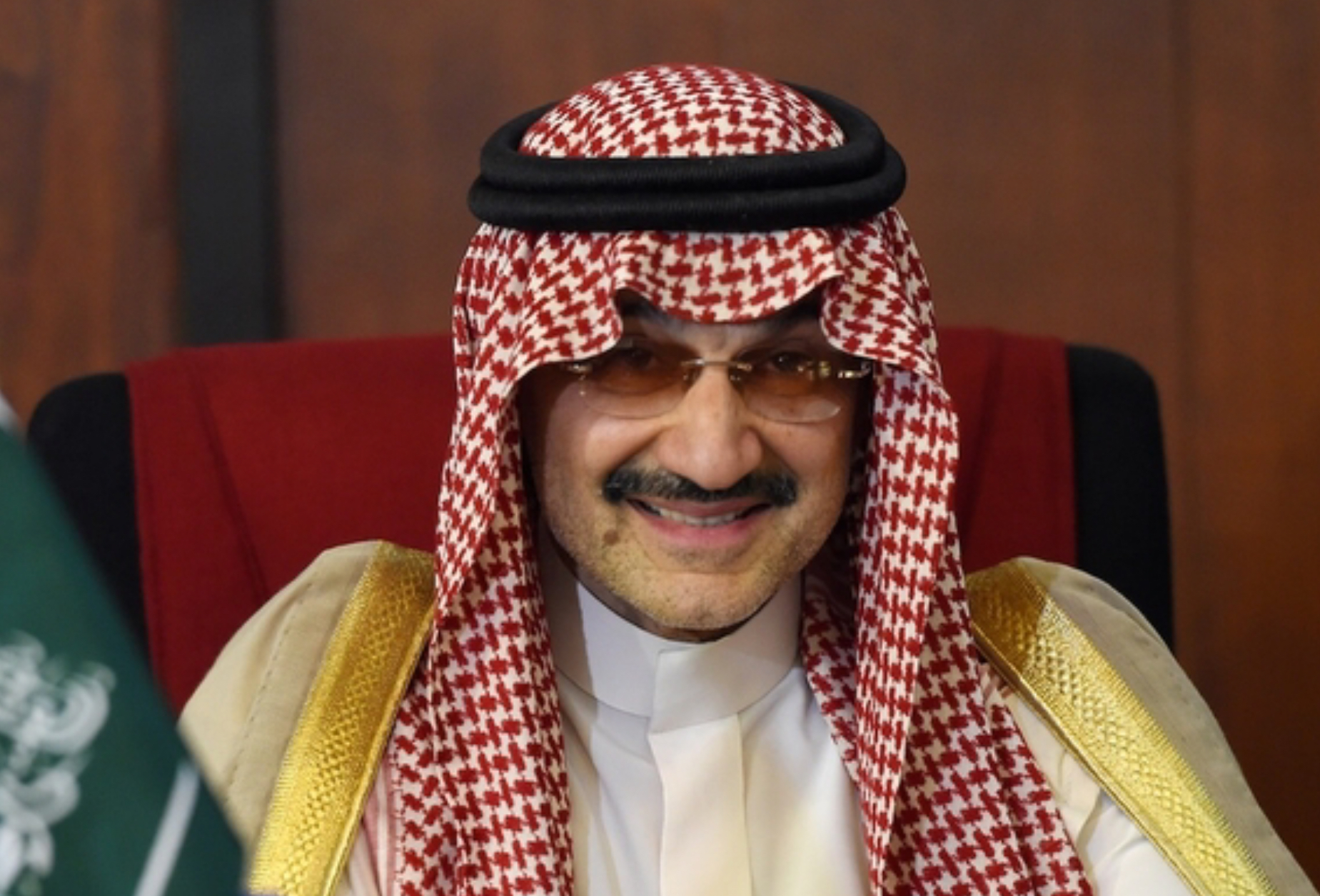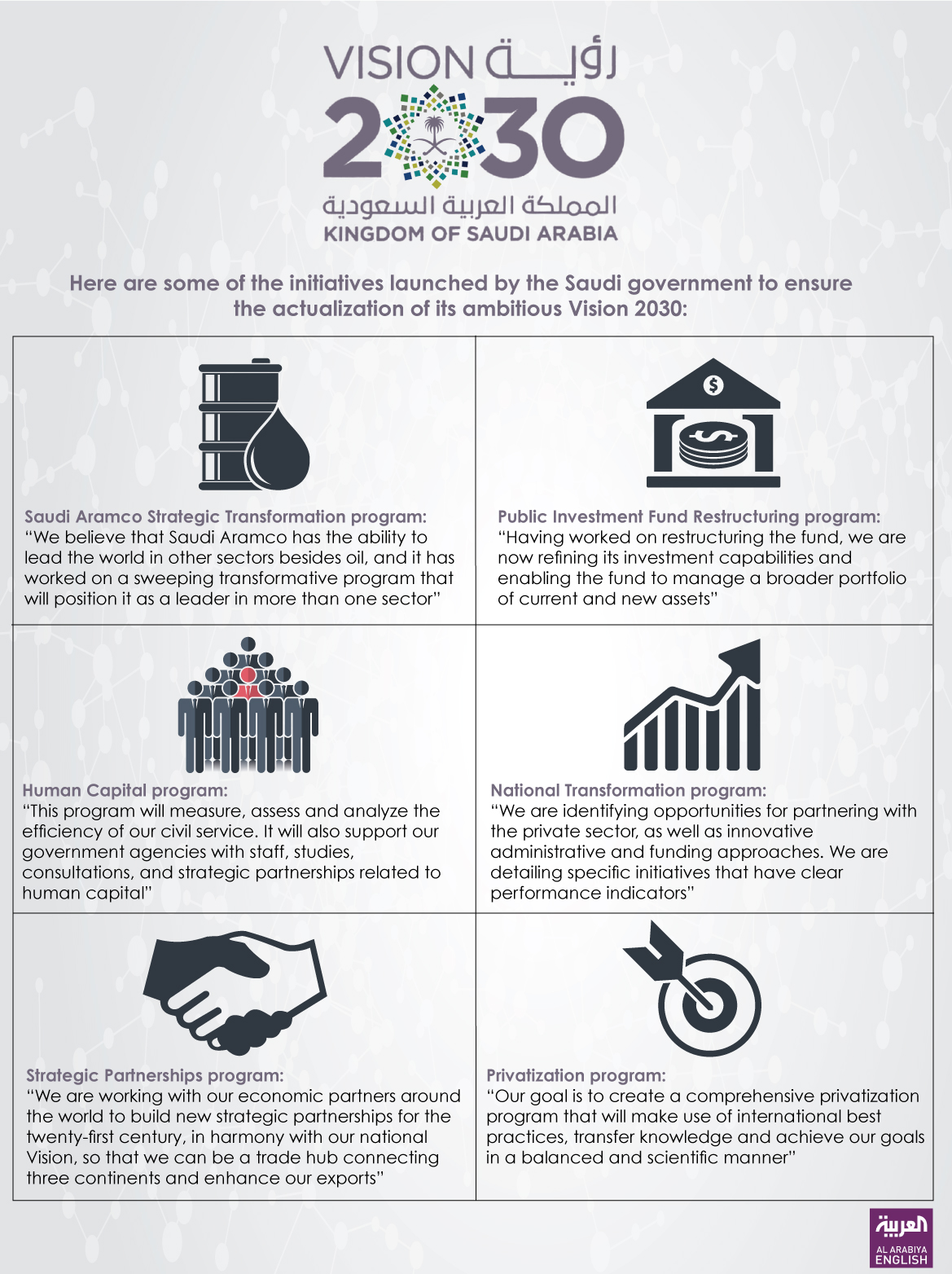Crown prince Mohammad bin Salman, (or MbS as he is commonly referred in the west), began an anti- corruption crackdown in November 2017 that imprisoned many of the Royal Family and others of the Kingdom’s (Saudi’s) elite within the gilded confines of the Ritz-Carlton near Riyadh. Since then, billions of dollars of reportedly “dirty” money and assets have been seized by the Kingdom.
Questionble motives
It was a bold move that propelled MbS further into the spotlight of the western media, leading many to question his motives. So far there have been three widely posited reasons behind the arrests: there are those who see it as a legitimate move to increase transparency in the notoriously opaque financial dealings of the Kingdom’s elite. Others see it as an attempt by the crown prince to drum up desperately needed funding to further his revolutionary “Vision 2030”. Further, there are those who highlight that the move led to the combination of the kingdom’s security forces under the crown prince’s sole control, effectively making him the most powerful man in Saudi Arabia since his grandfather, the first King ibn Saud- a perfect motive.
The Crackdown: 381 arrests, 400 billion Saudi Riyals seized

Around 381 arrests starting in November 2017 included princes, businessmen and politicians and led to the freezing of over 2000 domestic accounts under allegations of bribery, money laundering and extortion. Member of the newly formed “Supreme Anti-corruption Committee”, Saudi Arabia’s attorney general: Sheikh Saud Al-Mojeb, speaking in January, announced that the three month long investigation was over. He went on to confirm that 400 billion Saudi Riyals had been “forfeited” by 325 individuals held at the Ritz-Carlton after examination of their assets by forensic accountants. The assets seized included real estate, cash, shares, securities and businesses. Many of those released were also asked to sign secret agreements with the royal family to secure their release.
Relationships Strained But Intact

As of January 2018, 56 remain detained; being held and investigated on graft charges. Of those released, perhaps the most well-known figure in the west is billionaire philanthropist Prince Al-Waleed bin Talal. Amongst other interests, he is CEO and 95% share holder of Kingdom holding Company, a Forbes Global 2000 company, with investments in many large international companies covering a multitude of sectors. Al-Waleed has made a number of public statements emphatically denying all charges of corruption, he states that he is aligned with the government’s position against corruption and that there is no “bad-blood” between him and the crown-prince, his cousin. Many of those arrested were also related to the crown-prince, and echo al-Waleed’s sentiments regarding their relationship with the government. Prince Al-Waleed, released in January 2018, is widely regarded a moderate within the royal family and a strong proponent for many of the proposed reforms under Vision 2030. He has given interviews where he has stated that he was ordered to sign a secret agreement with the government to secure his release, but that there was no admission of guilt on his part regarding the allegations of corruption. He also denied paying billions to secure his release as others arrested at the same time as him were ordered to do.
The Economic And Social Repercussions

“Vision 2030” is a bold venture that would see the Kingdom dragged into the 21st century and has been announced as a cure to the Kingdom’s ‘addiction’ to oil. Non-oil revenues under Vision 2030 are targeted to hit around 600bn riyals (£120bn) by 2020 and 1trn riyals by 2030. However, in the month before the arrests, Saudi Arabia’s economy had been struggling, with unemployment rates rising and oil revenue forecasts looking worrying. The anti-corruption drive led by MbS has not only helped the coffers of the Kingdom, but the social fabric of the country seems to be strengthened by the apparent lack of tolerance toward corruption.
Many critics in the west have drawn parallels between MbS’ latest power move with those of Putin and his actions against russian oligarchs during his rise to power. However, many cite the fact that the money raised has bolstered MbS’ ability to deliver Vision 2030 (a highly progresssive agenda) as reason enough to allow tolerance for his boisterous use of state machinery. With the full consequences yet to play out, it’s not certain whether this gamble will pay off for MbS, though it certainly has done some good for the Kingdom as a whole both socially and economically.


